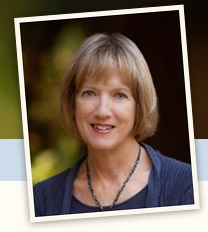One of the great advantages of living in a university town is access to free lectures and discussions on campus. On any given night, you can find an event going on at Stanford that will stimulate a new way of thinking about something.
Last night, we went over to the medical school to hear Atul
Gawande talk about his book Being
Mortal: Medicine and What Matters in the
End. Gawande, a surgeon, researcher
and writer for The New Yorker, has
emerged as one of the country’s most articulate voices for a more humane and
responsive system of health care and end-of-life care for an aging population.
His lecture, like his book, explains today’s “medicalization”
of dying and of caring for the aging.
Our elder care facilities emphasize health and safety at the expense of
personal autonomy and pleasure. And, although
people generally would prefer to die at home surrounded by family, most of us
leave this world connected to hospital equipment at the end of a string of
procedures that make us feel worse rather than better.
After his talk, Gawande was joined by an outstanding panel
of experts, including the CEO of Kaiser Permanente, Berkshire Hathaway Vice-Chair
Charlie Munger and Stanford doctors and researchers expert in health care,
aging and dying. Speaking to an overflow
audience that included many from the medical school, the panel acknowledged
that pressure from children and malpractice lawyers, coupled with the doctors’
own instinct to “fix,” not to mention financial incentives, all contributed to
too much treatment too late in life.
There was also general agreement that we have too few
general practitioners and too many specialists, thus encouraging more surgery,
more chemotherapy and more specialized treatments. But, until somebody figures out a way to give
general practitioners competitive wages, young doctors who have to pay off
mountains of debt from their years of training are necessarily going to choose
the highly compensated specialties.
One thing is clear. All of us should give serious thought to end
of life decisions and, no matter how much the kids resist, talk to them now
about your personal preferences.

